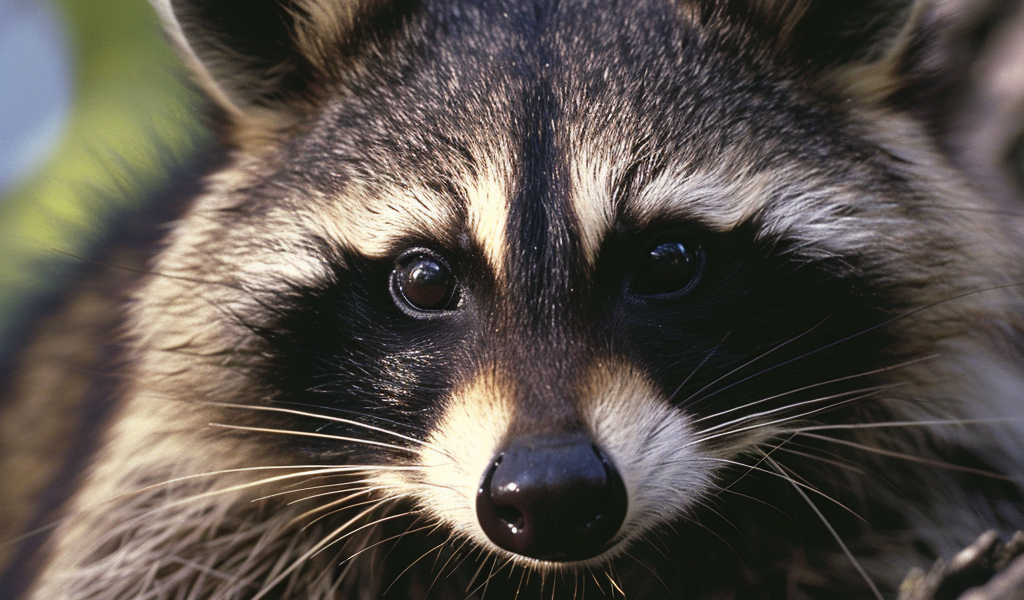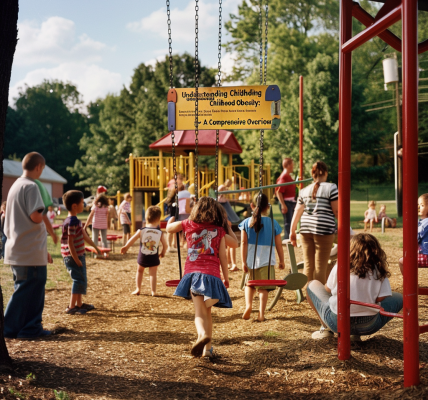Toronto is currently experiencing a rise in the number of sick and injured raccoons this spring, with many of these animals exhibiting unusual behavior that some describe as resembling zombies. Toronto Animal Services (TAS) has reported a significant increase in service calls related to raccoons, indicating a potential concern for public health and safety.
Between January 1 and April 30, TAS received 2,851 calls for deceased animals and 3,716 calls for sick or injured animals. This marks a notable increase from the same period in 2022, where there were 2,083 and 3,716 requests, respectively. An overwhelming 90% of these calls were specifically related to raccoons, highlighting the severity of the situation.
In 2023, the city faced a surge in service requests, with 3,372 calls for deceased animals and 5,360 calls for sick or injured creatures. While the exact cause of these illnesses and injuries remains unclear, Shane Gerrard, a city spokesperson, pointed to the canine distemper virus (CDV) as a potential factor.
CDV is known to affect raccoons by causing disorientation, lethargy, and confusion, often leading them to exhibit abnormal behaviors such as aimless wandering or aggression when provoked. Reports from the U.S. have shown raccoons infected with the virus walking on their hind legs and displaying aggressive tendencies.
Some common symptoms of raccoons with distemper include mucus discharge around the eyes and nose, accompanied by coughing, tremors, or chewing fits. These animals may also approach humans or seek shelter in close proximity to populated areas, posing a potential risk to public safety.
While CDV does not pose a direct threat to human health, unvaccinated dogs are susceptible to infection. The Toronto Wildlife Centre (TWC) has confirmed that there is currently no cure for distemper, and while early diagnosis may offer some hope for survival with proper care, neurological issues are likely to persist.
In response to the outbreak in 2022, TAS mobilized additional staff to manage the influx of service requests for deceased animals, emphasizing the need for proactive measures to address the escalating issue of sick and injured raccoons in the city.





